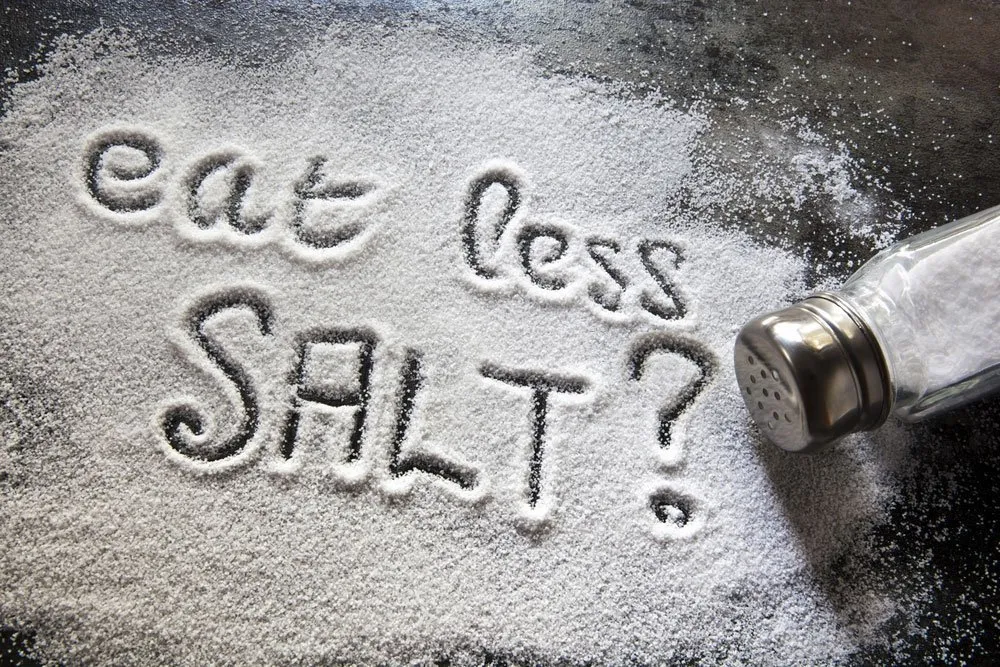Salt, an essential mineral for human health, plays a crucial role in various bodily functions, including fluid balance, nerve function, and muscle contraction. However, while necessary in moderation, excessive salt intake can lead to significant health problems. This article explores the impacts of salt and excess consumption on health, examining various aspects from cardiovascular risks to broader public health implications.
Understanding Salt and Sodium
Salt, chemically known as sodium chloride (NaCl), is ubiquitous in the modern diet, often used as a flavor enhancer and preservative in processed foods. Sodium, a component of salt, is necessary for maintaining the body’s electrolyte balance. It is involved in regulating blood pressure, transmitting nerve impulses, and maintaining muscle function. Despite its importance, excessive sodium intake can disrupt these vital functions.
The Recommended Limits
According to the World Health Organization (WHO), the recommended daily intake of salt for adults should be less than 5 grams per day, which is approximately one teaspoon. However, global average consumption tends to be much higher, with many individuals consuming double or even triple this amount regularly.
Cardiovascular Health Risks
One of the most well-documented consequences of excessive salt intake is its impact on cardiovascular health. High sodium levels in the bloodstream can lead to increased blood pressure, a major risk factor for heart disease and stroke. The kidneys play a crucial role in regulating sodium levels in the body, but when dietary intake exceeds the body’s ability to excrete it, sodium accumulates in the blood. This accumulation draws water into the bloodstream, increasing the volume of blood circulating through the arteries and ultimately raising blood pressure.
Chronic high blood pressure, or hypertension, can damage the arteries over time, making them more prone to narrowing and hardening (atherosclerosis). This condition reduces blood flow to vital organs like the heart and brain, increasing the risk of heart attack and stroke.
Kidney Function and Salt
The kidneys, responsible for filtering waste and excess fluids from the blood, play a crucial role in maintaining sodium balance. High salt intake can strain the kidneys by increasing the amount of fluid they must filter. Over time, this can contribute to kidney dysfunction and may exacerbate conditions like chronic kidney disease (CKD).
Other Health Impacts
Beyond cardiovascular and renal effects, excessive salt consumption has been linked to other health issues. For instance, there is evidence suggesting a connection between high sodium intake and an increased risk of gastric cancer. Additionally, salt-sensitive individuals, who experience a more significant blood pressure response to sodium intake, are particularly vulnerable to these adverse health effects.
Public Health Implications
The prevalence of high salt intake is a significant public health concern globally. In many countries, processed and restaurant foods are major contributors to excessive sodium consumption. Efforts to reduce salt intake at the population level include public health campaigns, food industry initiatives to reformulate products, and policies aimed at promoting healthier eating habits.
Balancing Act: Moderation and Awareness
While salt is essential for health, moderation is key. Adopting a balanced diet that includes fresh fruits, vegetables, lean proteins, and whole grains can naturally limit salt intake while providing essential nutrients. Reading food labels and choosing low-sodium options can also help individuals manage their salt intake effectively.
Conclusion
In conclusion, salt is a necessary component of the diet, but its excessive consumption poses significant health risks, particularly to cardiovascular and kidney health. Public health efforts to raise awareness and promote healthier dietary habits are crucial in addressing this issue. By understanding the impacts of salt and taking steps to moderate intake, individuals can reduce their risk of developing chronic health conditions associated with high sodium consumption. A mindful approach to salt intake not only supports personal well-being but also contributes to the broader goal of improving public health outcomes worldwide.



